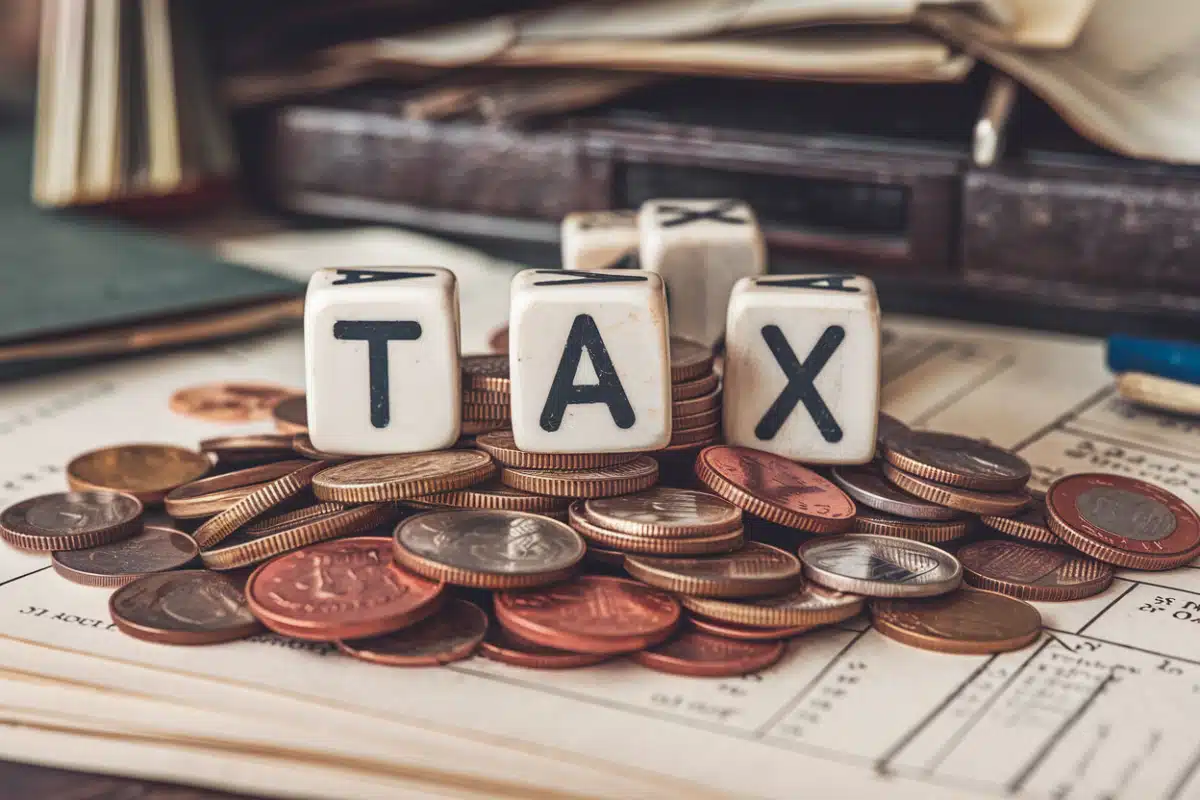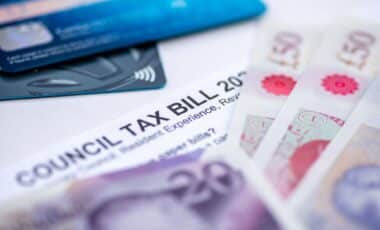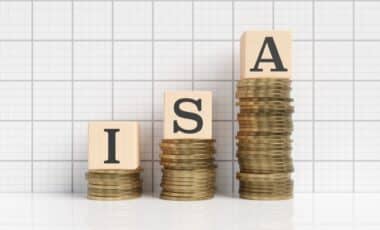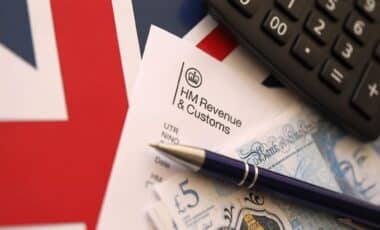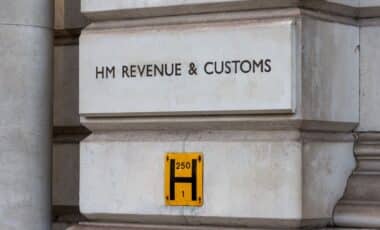For parents earning just over £100,000 annually, crossing this income threshold may trigger the loss of critical financial benefits, including childcare support and tax-free allowances. The resulting financial hit can leave many worse off despite earning more.
The Tax Threshold Trap: How a Pay Rise Can Reduce Take-Home Income
One of the harshest financial penalties in the UK tax system is imposed on individuals who make between £100,000 and £125,140 per year. The £12,570 tax-free Personal Allowance is tapered off with a £2,000 pay increase, bringing an individual’s income from £99,000 to £101,000. More than half of the gain is lost to taxes as a result of this tapering, which essentially raises the marginal tax rate on income within this range to 60%.
However, the financial burden doesn’t stop there for parents. Families earning just over £100,000 lose access to tax-free childcare, which provides up to £2,000 annually per child to cover childcare costs. Additionally, they forfeit free childcare hours, adding another layer of financial strain.
The cumulative impact of these losses can be severe. For a family with two young children, the combination of reduced allowances and lost benefits could result in nearly £12,000 less annually—despite earning more on paper.

This creates what many experts refer to as the “tax threshold trap,” where earning slightly more results in disproportionately high financial penalties. Charlene Young from AJ Bell highlights the inequity, stating, “While an income of over £100,000 sounds a lot, there are huge penalties built into the tax system, which means take-home pay is nowhere near what some people might imagine. For a lot of people, the net outcome of earning more than £100,000 is that they’re only marginally better off — or in some cases worse off — than they would be on a smaller salary.”
Growing Demographic Impact: A Rising Challenge for High Earners
The number of individuals earning between £100,000 and £150,000 in the UK has surged over recent years, according to HMRC data. From 2016 to 2023, this figure doubled from 474,000 to over 1 million, reflecting an annual increase of approximately 75,000 individuals. This growth has brought the challenges of the tax threshold trap into sharper focus for an expanding demographic.
For high-earning parents, the financial burden is particularly acute. The UK’s system of income contributions is designed with progressive principles in mind, but the tapering mechanisms for benefits and allowances create unexpected obstacles for middle- to high-income families.
For people who are getting close to the £100,000 income barrier, financial preparation becomes crucial. Avoiding potential hasards requires an understanding of the complex interactions between income, taxes, and benefits. A timely reminder of these complications, HMRC’s caution encourages people to think about how small pay rises could impact their entire financial situation.

